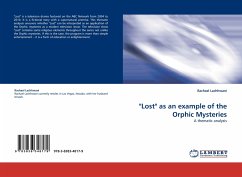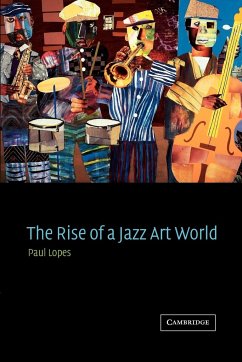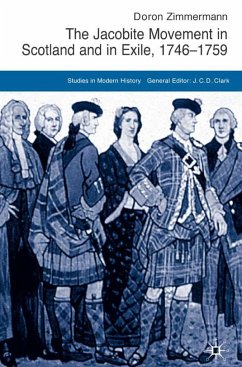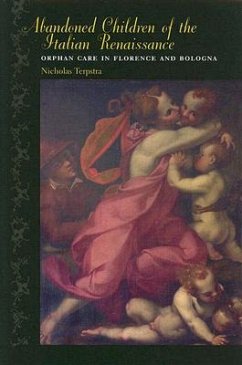
The Lost Battalion of Platonic Conversationalists:
An exploration of Identity formation, Constitutive Rhetoric and Jazz Music
Versandkostenfrei!
Versandfertig in 6-10 Tagen
32,99 €
inkl. MwSt.

PAYBACK Punkte
16 °P sammeln!
I argue that rhetorically, music functions constitutively, rather than merely persuasively as previous scholars suggest. The following analysis of five separate jazz songs from the Harlem Renaissance period elaborates the process by which musical lyrics constitute qualities already apparent in their audience members, structure visible cultural identifiers that prompt collective identities, and form sub-cultures. This analysis employs Maurice Charland s (1987) work on Constitutive Rhetoric to examine the collective bohemianism that emerged from the Harlem Renaissance as an identifiable sub-cult...
I argue that rhetorically, music functions constitutively, rather than merely persuasively as previous scholars suggest. The following analysis of five separate jazz songs from the Harlem Renaissance period elaborates the process by which musical lyrics constitute qualities already apparent in their audience members, structure visible cultural identifiers that prompt collective identities, and form sub-cultures. This analysis employs Maurice Charland s (1987) work on Constitutive Rhetoric to examine the collective bohemianism that emerged from the Harlem Renaissance as an identifiable sub-culture, as well as Kenneth Burke s (1969) methodological approach to identification.












